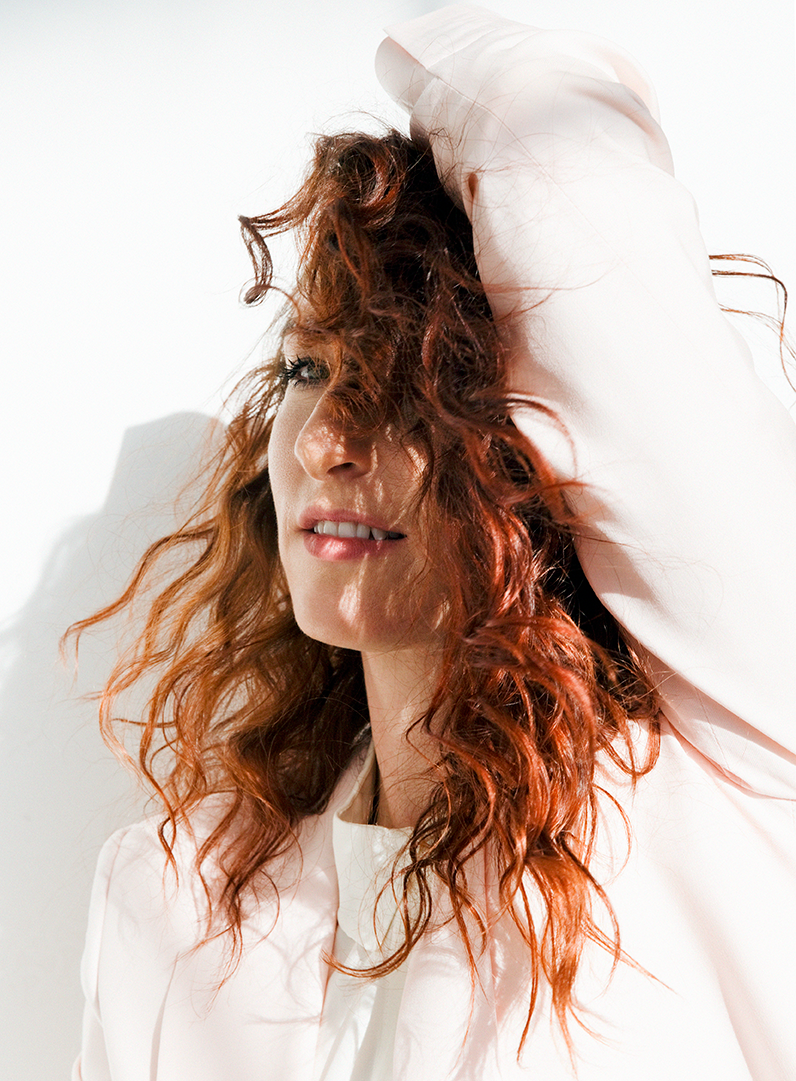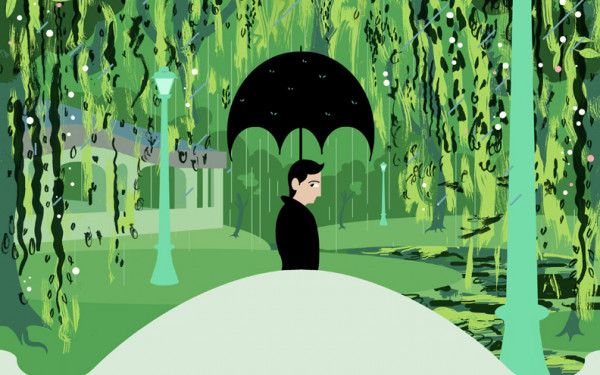An Interview With Hannah Georgas
Talking With the Toronto Musician Before Upcoming Montreal Show
Hannah Georgas is in the complicated business of appealing to the moods and feelings of people.
She is professional musician. Her full-time job is making music, which means she derives her income from creating and performing for people—most of whom are complete strangers.
They don’t know her, at least not personally, and she, for the most part, doesn’t know them. Yet, it’s her job to make something that will get them to laugh or to cry, to dance or to reflect—in short, to feel something—and she has to accomplish this without knowing a single thing about the individuals in her audience.
But in reality, Georgas is not only a musician. She is a musician who loves music and who, as an audience member, has believed in its alluring promise.
“I want to write music because I know how empowered and incredible it makes me feel,” she said. It’s the direct experience of music, whether you’re sitting alone with a pair of headphones in your bedroom or brushing shoulders with friendly strangers at a crowded venue, that completes the circuit between musician and audience and makes the whole thing meaningful.
Hannah Georgas will be performing at Cabaret Lion D’or Thursday, Jan. 26. For many of us, her music has touched a special part of our lives, as we grow, discover and learn to be okay with ourselves.
The business of music has a funny dualism about it. While it’s very much about those people Georgas will never know, it’s equally about all the people who have intimately become part of her life.
To used a simple trick to develop these relationships. She got to know people in the way that communicated that she was interested in them, not doing business with them. She listened to them.
“I value conversation and people who I care about. I think it’s important to follow up, to nurture the great relationships that you’ve made with people.”
One of the practical tricks that Georgas used to connect with people professionally when she was starting out was making her own business cards.
“It was this 60’s lady blowing a kiss or something. It was such a weird design.”
She would hand them out everywhere, give them to anyone who would come to her shows. She had a lot of trouble bringing herself to network with other musicians. She was caught between feeling comfortable as herself and trying to sell the idea of herself.
While the business cards weren’t as important as how Georgas spoke and listened to people, they weren’t without a purpose.
“I think I got my bass player that way, and we’re still playing together to this day. Maybe it’s because of the business card.” Eventually Georgas stopped handing them out, but she hasn’t stopped thinking about them. “I really want to find those cards. I made a thousand of them and they’re just sitting in storage somewhere.”
Music, and art in general, has the special property of transcending time and place to evoke memories and feelings in its audience as if it already knows something about you. It’s what we mean when we say that music speaks to us.
The experience of music is powerful—it’s easy to slip into the thought that musicians must be completely unlike everyone else.
There’s a romantic conception, inaccurate as it may be, that modern musicians are part of the class of artists who have the mysterious ability to channel the magic energies of “genius” and “inspiration,” the exact workings of which always remaining fuzzy in our thought. That narrative is so pervasive because it is exciting; it infuses the world with secret meanings and divine gifts, and it is pervasive because the reality is so mundane.
The secret though, is that there is no secret at all. The simple truth is that Georgas’ career started when she went from playing occasionally to playing all the time.
“In Victoria, I did a few shows,” said Georgas. “I booked some of my own shows and booked some open mics. When I moved to Vancouver, I started to do the same thing but doing it way more intensely—going to open mics every week, trying to talk to whoever I could talk to, meeting people who wanted to work with me.”
Before playing music, before meeting other musicians, and before all of the other work that comes in building a career, there comes a choice.
Working as a musician means working with yourself, with your ideas as raw material. The work is defined, more or less, by its unclear set of responsibilities. Who’s to say what is encompassed by the work of making music? When is that work ever finished? Working as a musician is, at first, working by yourself and with yourself. It requires honesty and responsibility.
“Your mind can be your worst enemy.”— Hannah Georgas
“Your mind can be your worst enemy,” said Georgas. No one else will be able to tell you that you’ve done that work well, and so, it can be hard to start. “You’re the only person who knows how you feel, and you’re left with yourself at the end of the day.”
When we face the big choices in our lives—ones about what we should do and how we should live and who we should love—we’re left with ourselves to make the decision.
Georgas knows that she’s done her job well if you feel a little less alone, if you feel like you know something about her and she knows something about you. It’s a special relationship that exists between the artist and the audience and one mediated by the art between them. They share the experience of art.
As a listener, it is the work of listening that you do in your own head that brings the music to life. By remembering and feeling your past, you let art get to know something about you. “You don’t know who I am, but it doesn’t really matter.” says Georgas. “You’ve related the music to your life. It’s such a special thing.”
Hannah Georgas and Aliocha // Jan. 26 // Cabaret Lion D’or // 1676 Ontario Est // 8 p.m. // $20 – $23.75







